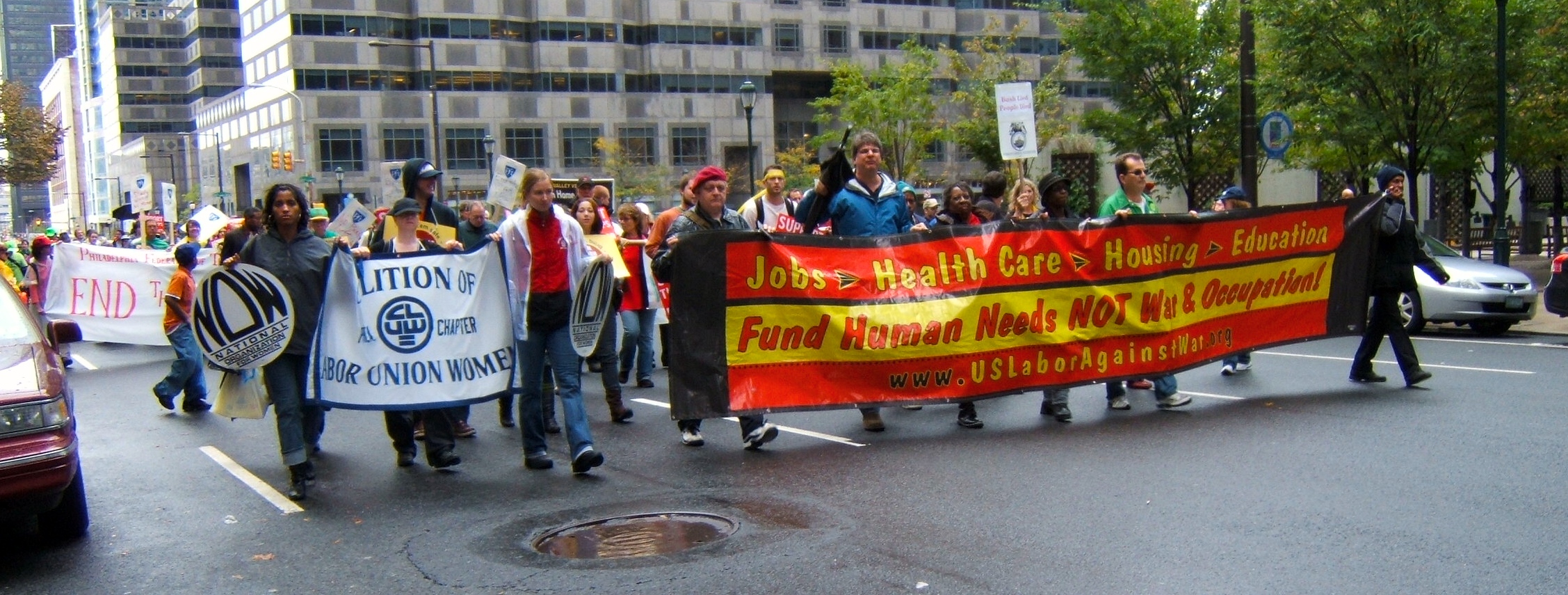Drawing Inspiration from the I.W.W. and the Free Speech Fights 1908-1917
The working conditions at the turn of the century placed workers under incredible hardships as they faced both health and safety risks on the job. At that time, half of all worker deaths occurred in two industries—coal mining and railroading. Around 1900 between 25-35,000 deaths and one million injuries per year occurred on industrial jobs. In the Pacific states a lumberyard or camp worker earned on the average 14 cents an hour with working hours averaging 61 per week. Employees had to sign a contract to waive all rights to damages in case of injury or death. Migratory workers depended on hopping on freight cars to follow employment opportunities across. Railroads estimated that 500,000 hoboes at any given time were attempting to board the trains. Migrant workers made up a large percentage of the 24,000 trespassers who were killed and 25,00 injured on the railway lines just from 1901 to 1904.
Understanding that the root of this misery rested in the capitalist system, workers established a new kind of labor union. The Industrial Workers of the World (IWW) believed in organizing all workers. Ahead of their time, the Wobblies refused to accept the society’s racial, ethnic and class prejudices and welcomed the most dispossessed into their ranks. They possessed a revolutionary spirit which provided the catalyst to create greater democracy through worker participation.
The I.W.W. organized the free speech initiatives to prove that direct action was the mechanism to stand up to the Establishment on labor rights. The system threw every weapon at the I.W.W., and the courts, police, newspapers, even encouraging mob rule. The politicians and industrialists formed alliances to protect their business interests and profits.
The public sometimes becomes confused with the rhetoric and propaganda of I.W.W. opponents who claimed that the organization despised the Constitution and rejected traditional American values and ideals. To understand this criticism it is important to differentiate between economic and political systems. Capitalism is an economic system, and the U.S. Constitution provides no support for any economic system. The I.W.W. rejected the elitist business interests of the capitalistic class in favor of workers. Elites labeled the I.W.W. unpatriotic because the membership refused to fight against their fellow workers in other countries. Translated: the I.W.W. is a bastion of democratic principles and follows an ethical philosophy of the highest calling: to join in solidarity with all workers and put an end to war.


